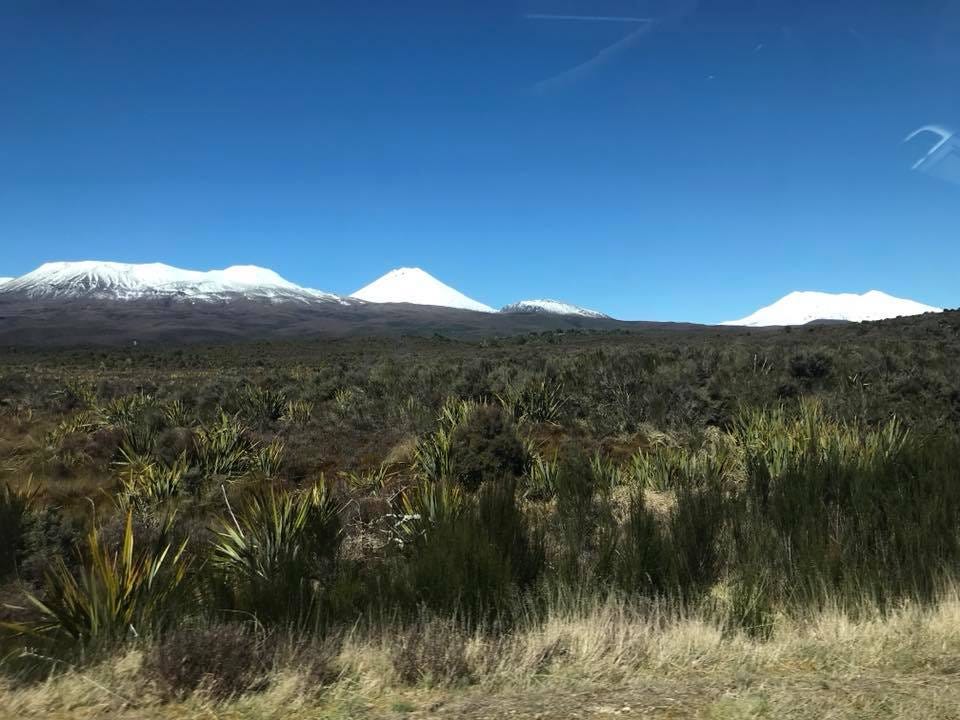Kāua e tāhae
Mihimihi for Pākehā (written & published elsewhere in 2019)
You may have seen a template for Pākehā pepeha online this week. It's been shared in response to important pātai about how non-Māori should share their whakapapa in the context of pepeha, which we might better refer to as mihimihi.
Personally, I would caution the use of templates like this for Pākehā, this kind of learning about ancestry and reo come from language revitalisation work in the 70s and 80s by Māori for Māori. If you have not been taught by skilled and knowledgeable kaiako about pepeha / mihimihi or sought guidance about how you should represent your story in this way from te reo Māori experts, then please don't 'fill the gaps' by reciting ancestral maunga, waterways and iwi that you do not whakapapa to.
Our best intentions are not an excuse for willful ignorance and recolonisation.

"Feeling" connected to a place, wanting to participate in pepeha and honour the reo doesn't entitle Pākehā to lay claim to any more of Aotearoa than we've already stolen, and inherited as stolen and profited from. Appreciating the beauty of a place, enjoying holidaying somewhere special or being nostalgic about our childhood home is NOT the same as 100s of generations of kaitiakitanga by mana whenua.
There are ways of communicating our love for Aotearoa, our connection to this place and our desire for reconciliation, healing and indigenisation. But learning that requires real mahi, not copying and pasting a template off Facebook. So many kaiako, (such as the one who wrote this pepeha outline) are very generous and inclusive, but I do not believe that is an open invitation for non-Māori to coopt indigenous ways of belonging for their own sense of self.
I was taught that sharing mihimihi always invites us to delve further into our whakapapa. As we listen and recognise the names and places, we are able to make connections, to practice whakawhanaungatanga. And for many Pākehā, learning about our ancestry is as simple as visiting the local research library and logging into a database. So we need to push back against our desire to 'have a pepeha too' and ask why? Where does that belief come from? What are we avoiding? Look at who we are, where we migrated from, why, acknowledge our tāngata whenua who have relentlessly cared for these maunga, awa, moana for 1000 odd years despite war, disease, poverty, racism, urbanisation, language loss at the hands of our colonial ancestors. And even if we are recent arrivals here, we are still benefitting from that initial and ongoing oppression of iwi Māori and other indigenous peoples around the world.
These two articles offer interesting perspectives https://e-tangata.co.nz/reflections/becoming-really-pakeha/…
and https://www.newstalkzb.co.nz/…/thousands-learning-te-reo-…/…